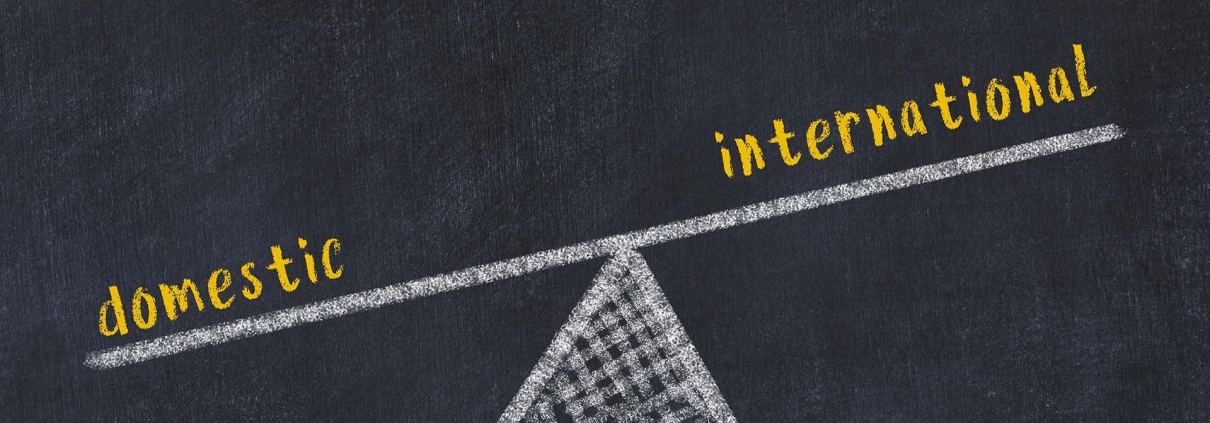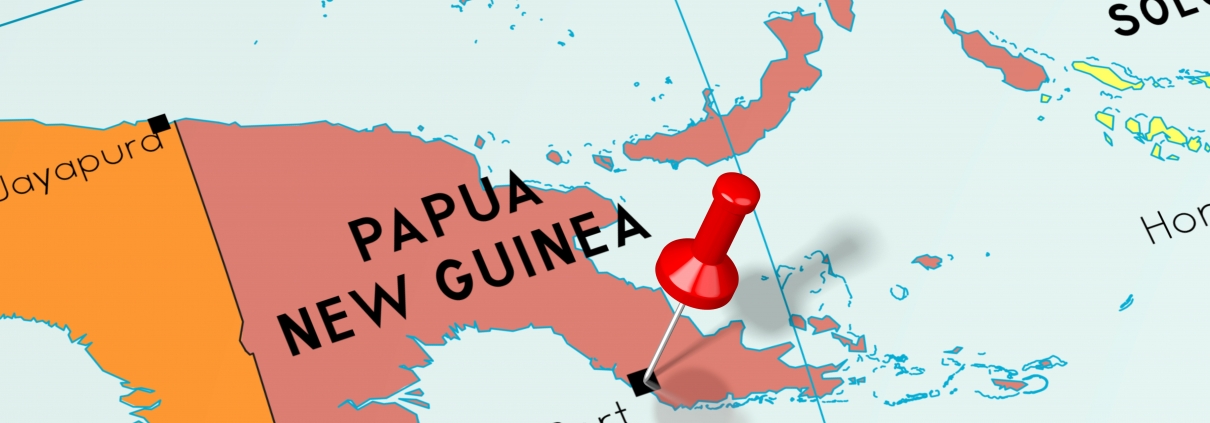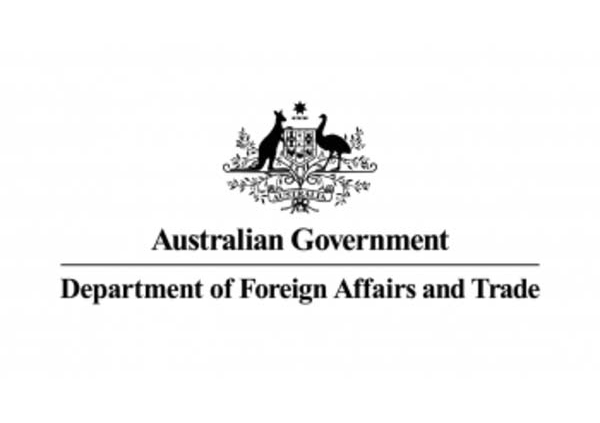Reflections on transferring to the international evaluation space
Kaisha Crupi is a consultant at Clear Horizon and has recently made the move from the domestic Sustainable Futures team into Clear Horizon International. Below is a reflection piece from Kaisha, discussing her learnings and observations in her new role.
Before joining Clear Horizon 18 months ago, I had only a small taste of the international working world. However, since I made the full transition into ‘Clear Horizon International’, affectionately known as CHI (pronounced chai), I feel as if I have jumped into the deep end with each team member supporting me to learn how to swim, and to swim fast. I also feel that the rest of the organisation is on the sideline cheering me on. Below are my reflections and learnings from the last few months of being part of the CHI team.
Working in the international space is tricky
When I was in the domestic team I was exposed to many different industries, types of work and ways of working and met so many people who are passionate about their work through workshops, interviews and product development. Now starting to work in the international space, I am learning about things outside my home country, and in countries that I am working in (and not necessarily living in). Trying to understand different cultural customs, to work around language barriers, across different time zones and to understand different political systems and social contexts is proving to be quite tricky. I am learning a lot more, am asking a lot of questions and reading wider than my easily accessible news. I am also being kind to myself – I know that I am not expected to know everything and am not putting pressure on myself to do so, especially in a short amount of time!
The work is the same, but different
When I first joined the CHI team, I thought this would be great to learn a whole new skill set and challenge myself even further by learning something different and working in a different way. To my surprise, my first task when I joined the team was to conduct a document review against the monitoring and key evaluation questions for an upcoming workshop, which is something that I had finished doing for a domestic project a week earlier to feed into a report! The questions were similar and the way to go about it was the same. The only thing (which was quite a big thing, mind) was that the language and jargon was different, and instead of talking about an area or region, the project was focusing on a whole country! My biggest challenge in joining the team so far is getting used to all the acronyms in reports and discussions with my peers and our clients. I am slowly getting there; though someone should quiz me in the early stages of next year.
Understanding complex challenges
By going to a destination for an international holiday versus going for work, you learn about a country in a very different way. There is the saying that you should not discuss politics when you are in polite company – this is very different in the international working space, particularly when working in design, monitoring and evaluation. You learn about a country’s context on a more granular level, ask the difficult political questions and try to understand the country as much as you can, as fast as you can, especially whilst in-country. I have been exposed to the complex ways of working, what the client deals with and small spot fires they must put out on a day-to-day basis (which are quite different than in the domestic space). These issues also do not have quick-fix solutions. There is at time a feeling of helplessness – now that you know about this information, what are you going to do with it? I believe that doing design, monitoring and evaluation work helps with this, as knowledge is power and can be a communication tool to change someone’s life for the better.
I feel very fortunate to have landed where I am today. Not many people can say that they have ended up with their dream job, especially in such a great values-driven organisation in a very niche area. I have a great team of people supporting me and putting up with my insurmountable amount of questions and reflections, whilst also looking back fondly at my time in the domestic team, where I was able to build my strong foundational knowledge and be supported in every direction. I am looking forward to continuing to swim out toward the horizon and reflecting on the successes and challenges that are happening in such a complex world.




